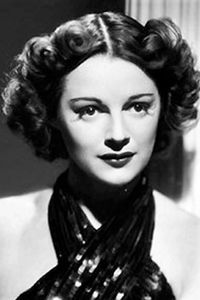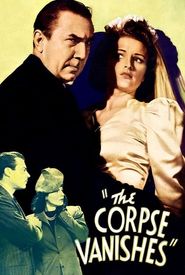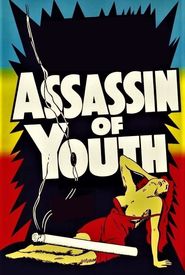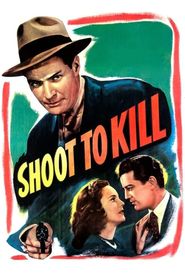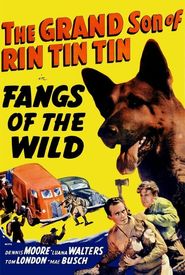Luana Walters, a stunning film brunette, was a prominent figure in film westerns during the late 1930s and early 1940s. Her captivating presence on screen was undeniable, making her a notable distraction amidst the heroic exploits of her co-stars, including Gene Autry, Buck Jones, Tim McCoy, Charles Starrett, and Bill Elliott.
Born on July 22, 1912, in the Los Angeles area, Luana was the second child of a signal operator for the Southern Pacific Railroad. Her education at Ramona Convent in Alhambra, California, was marked by her exceptional beauty, which was recognized at a young age. By the time she turned 18, she had been discovered and signed by United Artists.
However, illness forced her to take a hiatus from acting, and she did not return to the screen until she began working for independent studios. Luana's early career was marked by a series of low-budget films, including westerns and cliffhangers, in which she played various roles, such as a chorus girl, spitfire, or floozie type.
Despite her efforts, Luana's career remained stagnant, with few notable roles and many unbilled appearances in "A" pictures. She did, however, land a few campy leads in exploitative morality tales, including "Assassin of Youth" (1938) and "No Greater Sin" (1941). In the latter film, she played a high school student lured down a dangerous path, while in the former, she headed up the cast in a cautionary tale about the dangers of syphilis among World War II soldiers.
Luana also co-starred in "The Corpse Vanishes" (1942),a film in which she played a young woman targeted by a mad doctor seeking an eternal youth potion for his aging wife. In this role, she showcased her strong side and ultimately turned the tables on her pursuer.
By 1942, Luana's career had largely dissipated, and her personal life was marked by tragedy when her actor-husband, Max Hoffman Jr., died suddenly in 1945 at the age of 42. This devastating loss led Luana down a path of drink and despair.
A brief "comeback" in the "B" film noir "Shoot to Kill" (1947) and a minor role as the mother of Kirk Alyn's Superman in the 1948 serial failed to revive her career. Luana's appearances in the 1950s were sporadic, and she eventually disappeared from the public eye.
Tragically, Luana's life was cut short when she died on May 19, 1963, at the age of 50, due to the effects of her long-standing struggles with alcoholism.
